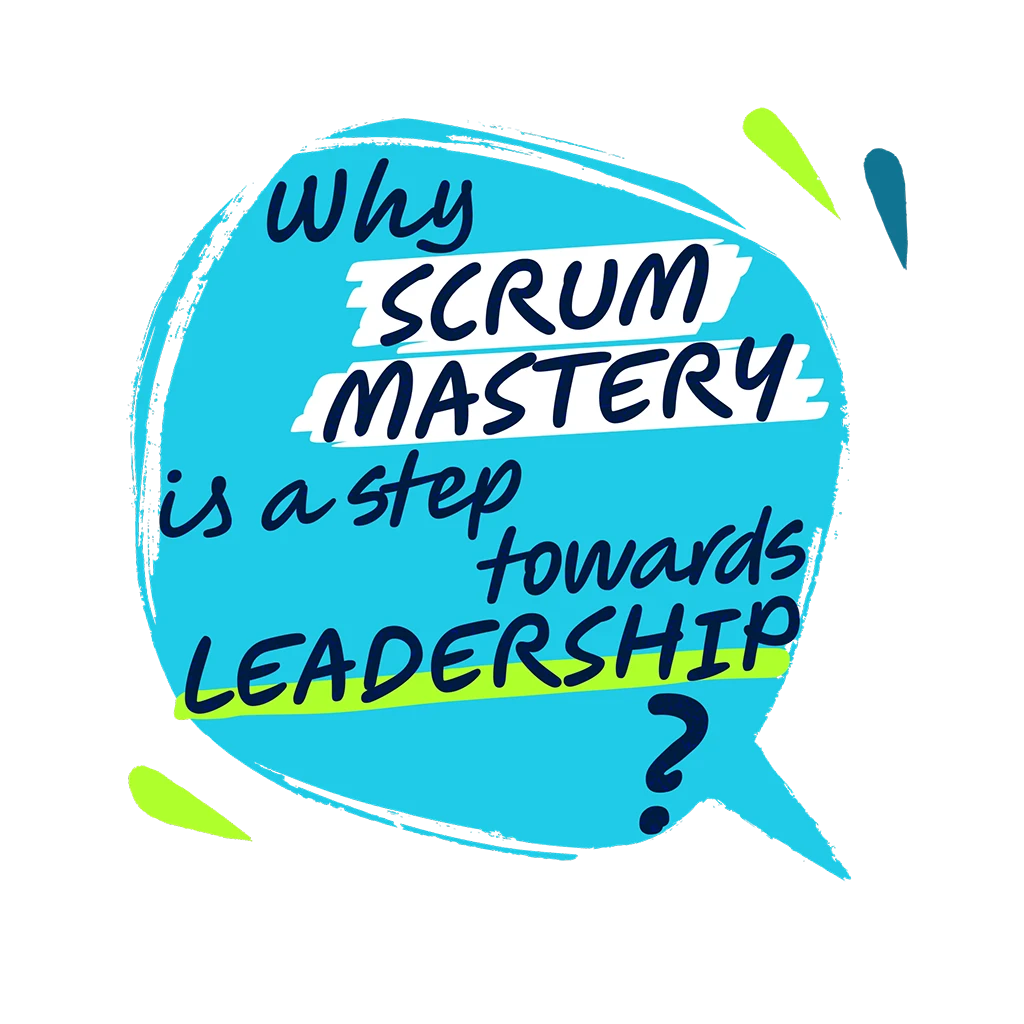The journey is about listening, adapting, empowering, and inspiring teams and organisations to create impactful, resilient, and valuable products by fostering the right environment and practices.
Mastering Scrum is a journey towards collaboration, continuous improvement, and self-managing teams. This path enhances the efficacy of the Scrum framework and cultivates essential leadership qualities, making it a critical step for anyone aspiring to lead successfully in today’s dynamic environments.
1. Fostering Team Collaboration:
By fostering an environment where team members feel appreciated and comprehended, Scrum Masters establish the foundation for a unified group capable of addressing intricate tasks more efficiently. This approach improves overall product quality and empowers the team to self-manage themselves, promoting a sense of ownership and accountability crucial for leadership.
2. Building Trust:
Trust is the cornerstone of a high-performing team, and Scrum Masters work diligently to build and maintain it; by acting with transparency, consistency, and integrity, they create an environment where trust flourishes. This trust enables open communication and risk-taking, essential components of innovative and efficient teams led by influential leaders.
3. Emotional Intelligence:
The Scrum Master’s ability to understand and manage own emotions, as well as empathise with others, is crucial for leaders. Emotional intelligence fosters strong relationships, improves communication, and helps resolve conflicts effectively. Leaders with high emotional intelligence can better motivate their teams, navigate social complexities, and make informed, empathetic decisions.
4. Ethical Leadership:
Ethical behaviour is a non-negotiable trait for influential leaders who model the values and standards they expect from their teams and make beneficial and morally sound decisions. This commitment to ethics builds trust, enhances the organisation’s reputation, and ensures long-term sustainability.
5. Strategic Thinking:
Leaders should be able to consider the bigger picture and anticipate potential challenges. Strategic thinking involves setting long-term goals, identifying opportunities and threats, and developing plans to achieve desired outcomes. This forward-thinking approach ensures the team remains aligned with the overarching objectives and is prepared to adapt to environmental changes.
6. Resilience:
The journey of leadership involves dealing with setbacks and failures. Resilience is essential for leaders to maintain their course and inspire their teams to do the same. Resilient leaders demonstrate perseverance, learn from their mistakes, and view challenges as opportunities for growth and learning.
7. Lifelong Learning:
The best leaders are perpetual learners, constantly seeking new knowledge, skills, and experiences. This commitment to personal and professional development keeps leaders at the forefront of their fields, encourages innovation, and sets a positive example for their teams. Lifelong learning involves formal education and learning from experiences, feedback, and failures.
By embracing change and fostering an environment of trust and continuous improvement, Scrum Masters pave their way toward becoming influential leaders who can navigate the complexities of the modern world by inspiring their teams and driving sustainable success.


